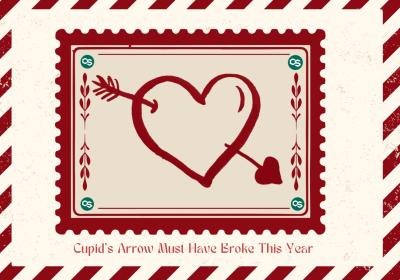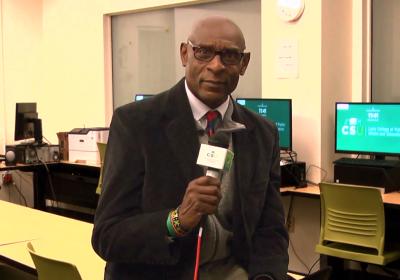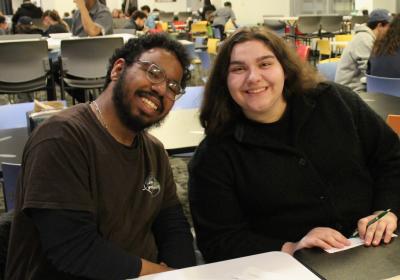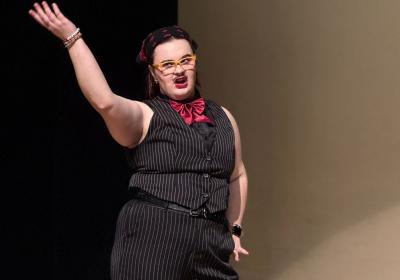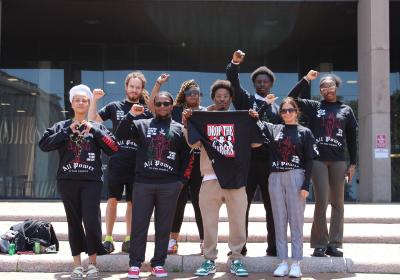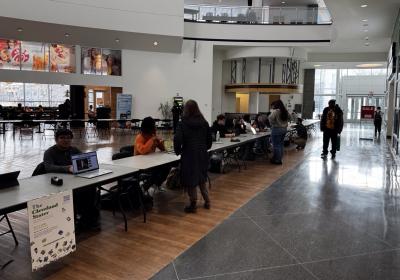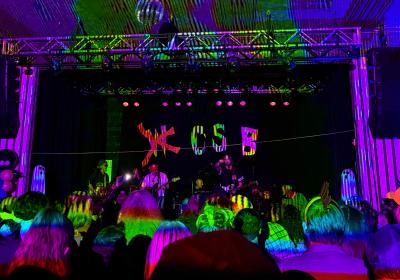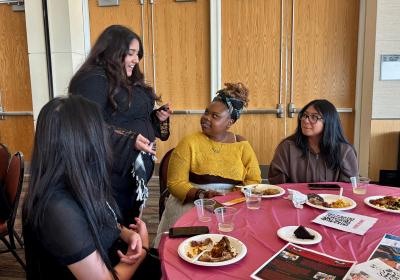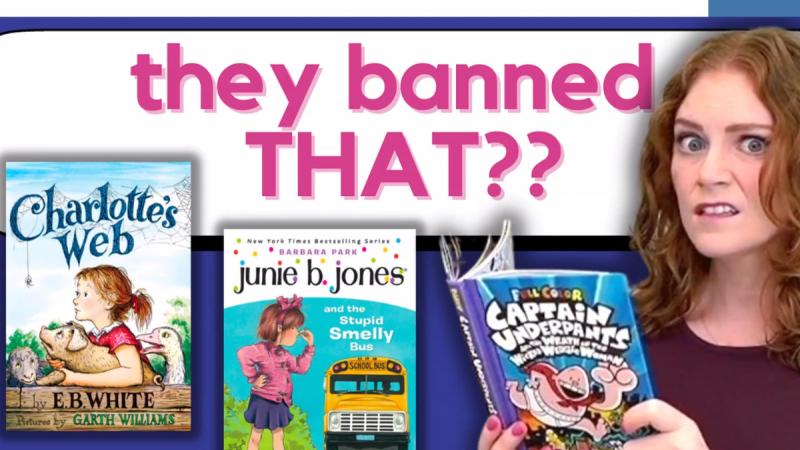
CSU library's banned books week highlighted censorship and the right to read
Dr. Belinda Boone spoke Tuesday about the censorship and challenges of banned books during CSU’s banned books week, Sept 22-29. The event was part of the Michael Schwartz Library’s Democracy 101 series.
David Ludwick, president of the Friends of the Michael Schwartz Library, introduced Boone, who is a professor in Kent State University's Library Science Program.
Boone explored three areas of book banning during her presentation — book challenges, intellectual freedom and censorship, and how libraries are responding to book bans.
Book Challenges
Boone began her presentation by clarifying the difference between book challenges and book bans, since they're often mistakenly seen as the same thing. A book challenge is when an individual or a group requests that a school or public library removes a book from its collection. In contrast, a book ban happens when the book has been actually removed from its shelves.
“We use this terminology because banning or censorship restricts and prohibits access to information or materials for the entire community, not just for one individual,” Boone explained.
Boone noted that book challenges are nothing new as it has been happening in the United States since 1854. However, as she explained, the bigger problem now is parent groups who want to control the narrative and what the public should have access to.
One example of this is legislation that has been passed or proposed in all 50 states that targets librarians and teachers by framing libraries and teaching choices in terms of pornography and materials harmful for children.
Boone highlighted the alarming increase in the number of challenged titles, which hovered in the hundreds during the 2000s and 2010s, but shot up to over 4,000 in the 2020s. She linked this rise to groups that gained momentum during the COVID-19 pandemic.
Moms for Liberty initially formed to protest mask mandates. Now it is a leading parent group attempting to ban books, Boone noted. She added that some more extreme groups have gone as far as doxing and sending threats to schools and libraries.
Boone stressed that banning books restricts public access to important information and creates hatred toward certain communities, particularly those of color and the LGBTQ+ community.
Intellectual freedom and censorship of books
In the second half of her presentation, Boone introduced intellectual freedom as the ability and the right for any individual to access information in any format and make up their own minds about what it means.
According to Boone, libraries have had to take local school boards to court in order to make a first amendment case arguing why books should not be banned, as it is a violation of a citizen's constitutional right to free speech and freedom of expression.
Book censorship is not new. To combat it, the American Library Association in 1939 created the Library Bill of Rights to defend library users' rights to intellectual freedom and set expectations for libraries to uphold those rights.
During the rise of fascism, libraries faced pressure to censor materials as some groups in the U.S. embraced Nazi ideology. In response, the ALA took a stand, declaring that libraries should provide books and resources for the interest, information and enlightenment of all people, without excluding materials based on their origin, background or creators' views.
“Libraries should provide materials and information presenting all points of view on current and historical issues,” Boone said. “The material should not be proscribed to remove because of partisan or doctrinal disapproval.”
How libraries are responding today
At the end of her presentation, Boone highlighted how libraries are responding to the rising number of state bans and challenges.
One strategy libraries are adopting is what is called a reconsideration policy, meaning a person can request that only one book at a time be removed from the shelves rather than putting in requests for dozens if not hundreds of books to be removed. A reconsideration policy slows the challenge rate, making it possible for libraries to better work with their communities.
During banned books week at the Michael Schwartz Library, banned books were on display at the library, and students were able to take mugshot selfies with one of their favorite banned books in support of the freedom to read any book.
What's next?
The week was part of the CSU library's Democracy 101 series, which welcomes students to take part in workshops and other events to educate them on spotting misinformation and making informed decisions as they prepare to vote in the upcoming general election.
The Michael Schwartz Library’s next event for Democracy 101 is a free workshop called Avoiding Election-Related Misinformation Oct. 22 at 11:30 a.m. To register click here.

